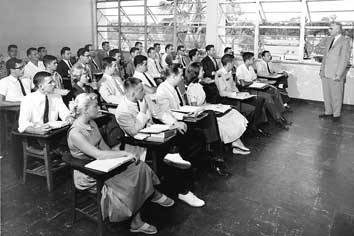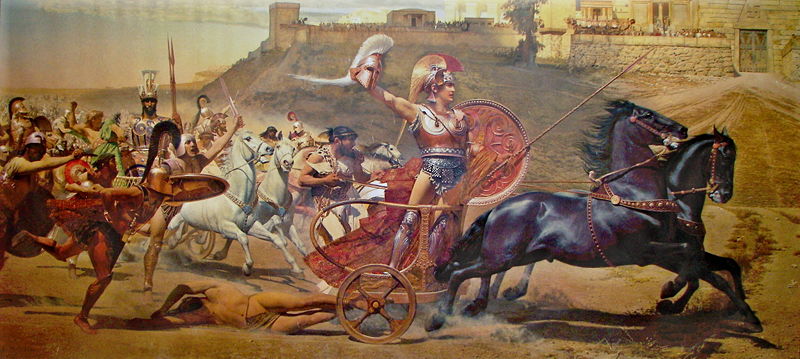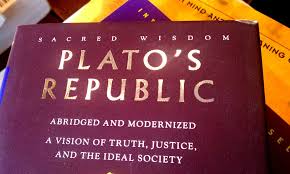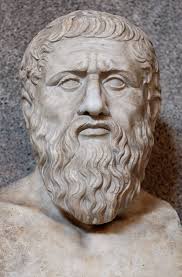By Jacob Bell, Associate Editor, Classical Wisdom
Imagine this… You are born into a political and social structure which has three classes. The class you are born into depends upon your lineage and will determine the career you have for your entire life. This structure is upheld by a noble lie which is embedded into each citizen of the city-state.
The lie claims that each citizen, being a creation god, has within him or her one of three metals. Those endowed with gold during creation are part of the ruling class. Those with silver are part of the warrior class. Those with bronze are part of the craftsmen and farming class.
Now, it is possible for someone of the gold demarcation to beget a child of silver or bronze status, and it is also possible, but rare, for someone of the lower classes to beget a child of higher status. It is also possible, but difficult, for someone to move up the classes during their lifetime.
Men and women receive the same education, and both are capable of ascending to the highest class, because in this society, the soul is more important than the structure of one’s body.

Equal education for men and women during the USSR
A plan of eugenics is established, and a careful strategy which seeks to breed the best with the best is enforced. Children are raised collectively and according to political and social dictation.
The silver and gold classes are not allowed to marry or have a private family. They are also not allowed to obtain private property or wealth. They are sustained on what is necessary and nothing more.
The bronze class is allowed more in way of material goods. They receive the biggest portion of their work as farmers and craftsmen, but they have no say in how the city is run. Rules and law come from the top down.
Education is rigid and includes both academic studies and athletics. What one is allowed to read is dictated by the ruling class; mass censorship is put into practice. They will tell you which poetry you can read, and they will destroy the rest. They will rewrite the works of great poets, allowing only the poetry that encourages moral behavior. The so-called immoral and amoral works are destroyed.
Say goodbye to much of Homer…

Achilles with Hector’s body – Not moral enough?
The city-state is closed off to immigration, and travel is discouraged. Everything must be closed off if this delicate and fragile political structure is to exist. Once so-called real knowledge is established, it must be permanent and unchanging. Once the myths are in place, they must be permanent and unquestionable. Questioning the structure of this society and attempting to enact change are both viewed with contempt.
Before we continue, let’s reflect on the city-state outlined above, and ask ourselves if this is a society that we would like to live in. Further, let us ask ourselves if this city-state sounds more like a harmonious utopia or a tyrannical hell…
Got your answers locked in?
As some of you might have already guessed, the city-state outlined above comes from the dialogue titled the Republic. This political and social structure is, for Plato, the ideal state.
Now, I can only speak for myself here – but I’m not much of a fan…
I value freedom and autonomy as a living-breathing individual, this city-state sounds extremely oppressive and tyrannical. I don’t think anyone should dictate what I read, and to establish a city-state on a foundation of self-recognized lies sounds altogether insane.
Although the gold-ruling class is to be comprised of philosopher-kings, I don’t think much philosophizing will be going on. If knowledge is set in stone, there is no room for creative or original thinking.
I think that the ruling-class would be more like computers. They are taught a very specific mode of thinking, and mathematics is of the utmost importance to their education. They would be programmed for certain thought patterns, and they would be instructed to perpetuate the noble lies.
Plato’s vision for a harmonious state – for a utopia – is just that, a vision. It is part of his theory of forms, which is to say, not a part of this world.
In the same dialogue, Plato wants to claim that if his theory of forms – his ideals – cannot be realized in this world, it is because something is wrong with the world that we find ourselves in.
Plato denigrates this world for the transcendent world of forms; he refuses to accept this life. He wants to exist free of the human condition; free of body, desire, and sensation. He wishes to exist as a disembodied soul.
In trying to free himself and his peers from the illusions of this world, he unwittingly stumbles further into a fictional realm.
As much as he hated the thought, Plato was human, and even the most recognized and decorated philosophers are wrong about some things.











No comments
Trackbacks
Our apologies, you must be logged in to post a comment.